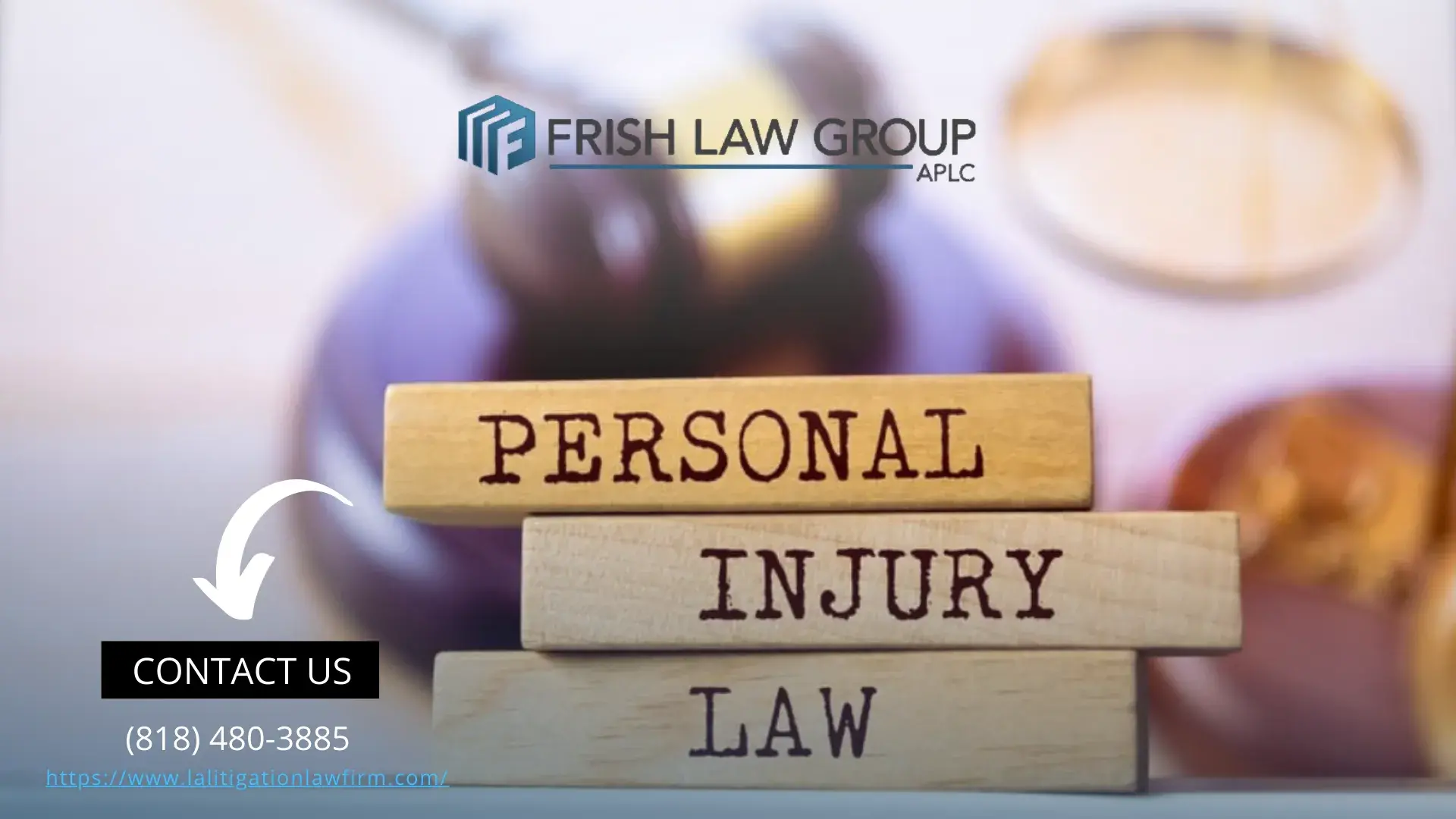Navigating the complexities of a slip and fall claim requires not only a keen understanding of legal intricacies but also a strategic approach to documentation and negotiation. Frish Law Group, APLC, as a dedicated personal injury attorney, excels in guiding clients through this labyrinthine process with a meticulous focus on gathering irrefutable evidence and crafting compelling arguments to support your case. Their expertise in connecting the dots between the incident and the resultant injuries ensures that every aspect of the victim’s suffering is accounted for—potentially leading to a more favorable outcome. As we explore how they champion clients’ rights, one must wonder about the specific strategies they deploy to maximize compensation.
Documenting Your Injury
Why is documenting your injury a critical first step in a slip and fall accident claim?
When you experience a slip and fall, it’s crucial to document your injuries meticulously. This documentation forms the foundation of your claim, substantiating the extent and cause of your injuries.
Detailed records, such as medical reports, photographs of the injuries, and doctors’ statements, provide irrefutable evidence that supports your case. They not only illustrate the severity of your injuries but also help in establishing a direct link between the accident and your suffering.
This level of detail ensures that your experiences are acknowledged, lending credibility to your claim and fostering a sense of community and support among those who have undergone similar hardships.
Negotiating Your Settlement
Successfully negotiating your settlement after a slip and fall accident requires a strategic approach and thorough preparation. It’s essential to understand the full extent of your damages, encompassing medical expenses, lost wages, and pain and suffering.
At Frish Law Group, APLC, your trusted personal injury attorney will advocate for your rightful compensation by presenting a meticulously detailed claim to the insurance company. We emphasize the emotional and financial hardships you’ve endured, fostering a sense of community and support throughout your recovery journey.


